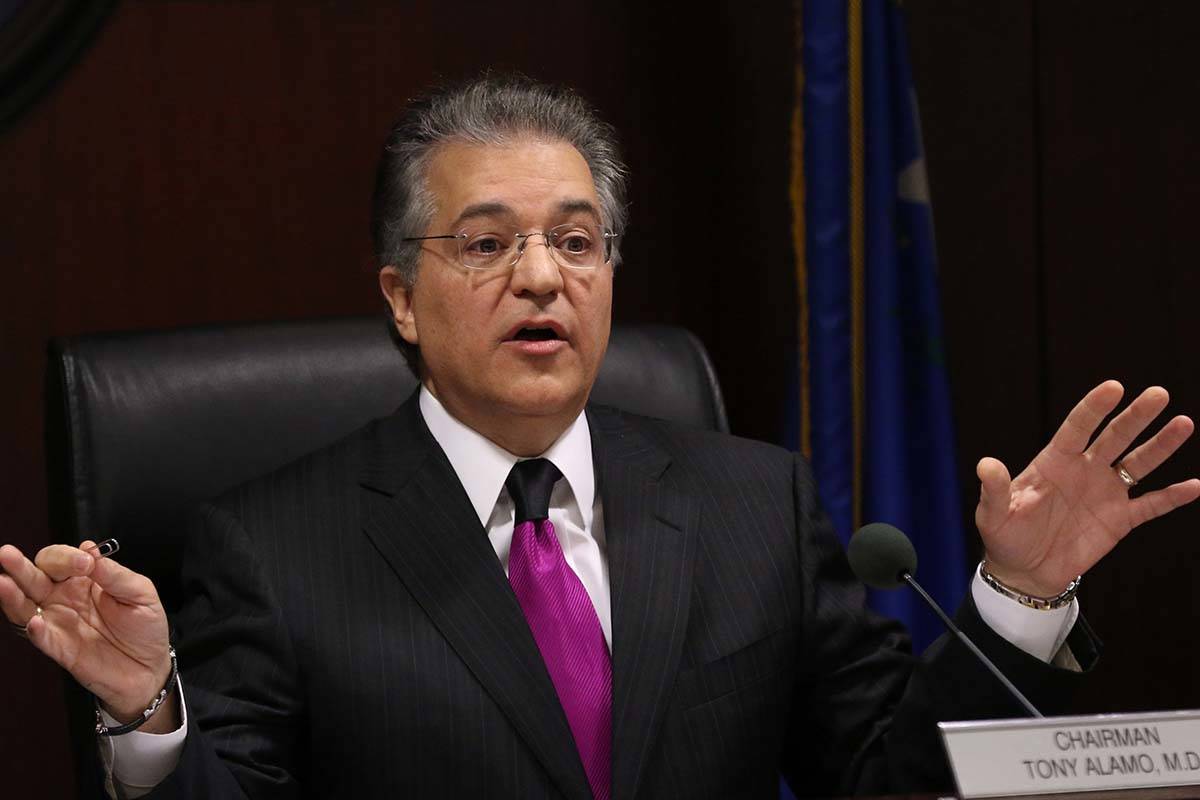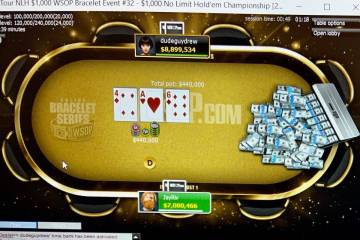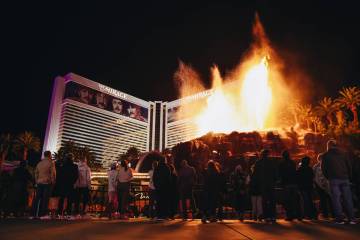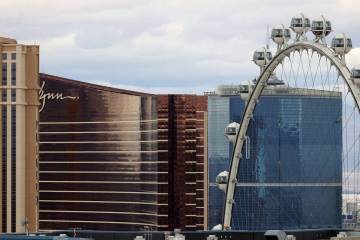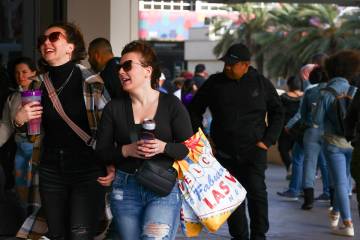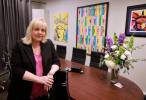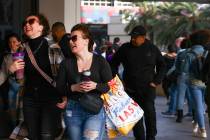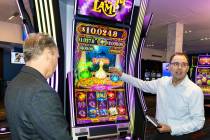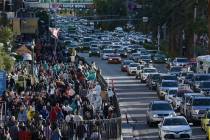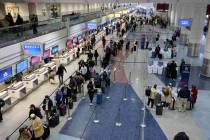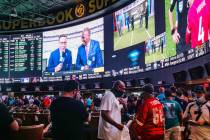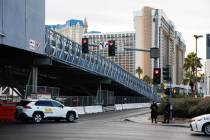Ex-Nevada gaming regulator conflicted on COVID-19 business reopenings
Tony Alamo is going to war.
After spending 19 years as a regulator, 12 of them with the Nevada Gaming Commission, Alamo has decided that the place for him to be now is in the medical field, his chosen career. The war he is entering is against COVID-19, the respiratory illness that has decimated the industry he has overseen after growing up the son of a Las Vegas gaming industry executive.
He’s also grappling with when Nevada should open its doors and allow gaming and other businesses to get back on track.
It isn’t an easy battle to watch.
Alamo’s resignation this month was not a big shock because he had talked earlier this year about not accepting reappointment to the commission if the invitation came.
The timing of his departure was sped up by the rapid advancement of the novel coronavirus.
Now that he’s left the commission — his colleagues on the board offered heartfelt tributes in Wednesday’s teleconferenced meeting — Alamo can speak freely about what he’s seeing in Las Vegas from a unique perspective.
As a medical doctor and a regulator, he understands how the medical community is offering advice, recommendations and warnings about opening Las Vegas too soon. He also understands the hundreds of thousands of laid-off or furloughed employees who need to feed their families.
“We as a state need to start to look at a bigger picture here, and right now, I just don’t hear that kind of dialogue,” Alamo said in a recent phone conversation.
Alamo has heard the debate between Las Vegas Mayor Carolyn Goodman, with her open-things-up-now perspective, and Gov. Steve Sisolak, with his cautious assessment on reopening. He’s also heard the conversations by President Donald Trump and Drs. Anthony Fauci and Deborah Birx on similar topics.
He said decisions to reopen the state’s economy should be shared on a three-legged stool with medical people, regulatory people and business people needing to contribute equally to find the best solution.
“As a doctor — and you see it in Dr. (Anthony) Fauci and you see it in Dr. (Deborah) Birx — for doctors, we want a zero kill rate,” he said. “That’s how we think. Every life is precious, and we fight and put ourselves on the line for every life. And then you’ve got the other side that, truthfully, is also correct in that if you continue to close off and choke the economy, America will become unrecognizable and you will suffer some death and other horrific things because the economy is utterly destroyed.”
Alamo doesn’t have any solutions, but he recognizes the need for more face-to-face discussion. He’s conflicted because he lives in both worlds.
“This is just a phenomenon where both sides are on complete opposites,” he said. “I know both sides so well because I am both sides. I’m the same guy, the same kid that in the late ’80s was doing his training at L.A. County, USC, running around drawing blood and doing lumbar punctures on these patients that had this weird disease called HTLV-3, later known as HIV.”
Former Gaming Control Board Chairwoman Becky Harris concurs with Alamo that more voices need to be heard, but she thinks the stool doesn’t have just three legs.
“Our post-health crisis, in terms of economics and the fallout from that, could be more severe in terms of job losses, suicide, bankruptcies, failed marriages and displaced families, and so we’re going to be haunted by the ramifications of COVID-19 into the foreseeable future,” said Harris, who now is a gaming policy expert at UNLV’s International Center for Gaming Regulation.
“Finding that balance is going to be difficult, but you can’t just talk to businesses and health experts,” she said. “You need to be talking to employee organizations, employees and getting the right mix of stakeholders to talk about what the impact of COVID-19 is on each of them. Complicated conversations across diverse stakeholders need to happen.”
Harris said the balance would change weekly, maybe daily, in terms of how the public navigates forward in an uncertain future.
“The truth is in the middle,” Alamo said. “And it has to be collaborative.”
Contact Richard N. Velotta at rvelotta@reviewjournal.com or 702-477-3893. Follow @RickVelotta on Twitter.



